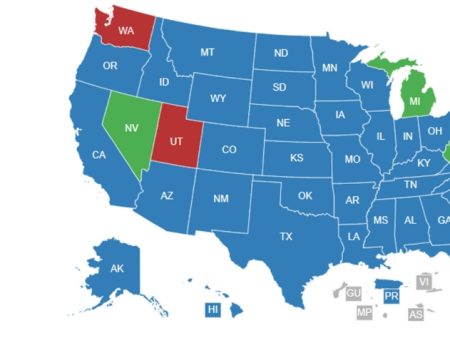Kirsty Caldwell, the founder of Betsmart Consulting, delves into the potential regulatory implications. She focuses on the new code laid out by the United Kingdom trade body. Recently, the regulator and government have also backed her.

The long-awaited publication of the Gambling Commission’s Summer 2023 consultation response brought lots of excitement last week. There’s a lot to unpack and no doubt that there will be enough commentary in the coming weeks.
The BGC code, developed jointly with the Gambling Commission and backed by the government, aims to bring consistency across the regulated sector for operators that wish to adopt it. This will continue until the regulator can undertake the financial risk check pilot. At the end of August, the pilot is due to start and run until the end of March 2025. Both sides of the regulatory fence need to do a lot of work afterward. It’s fair to assume that the code will be the only attempt at increased consistency for at least 18 months.
Customers who reach £5,000 in net deposits within a rolling 30-day period or drop to £2,500 for 18 to 24-year-olds will undergo a risk assessment. This is what this new normal would look like. The BGC code outlines five different options for undertaking a risk assessment. It also states that operators must conduct one or more. These include self-declaration of income through live chat. Additionally, operators utilize a background check, which sounds very much like one of the automated affordability tools that most operators have in place, among others.
Accounts will need to be suspended if they reach just £25,000 in net deposits across a rolling 12-month period. Meanwhile, enhanced due diligence takes place, usually including source of funds requests. However, it should be noted that customers hitting the £5,000 threshold three months in a row, without a risk assessment being undertaken, also face the prospect of having their accounts frozen until the check is completed.


